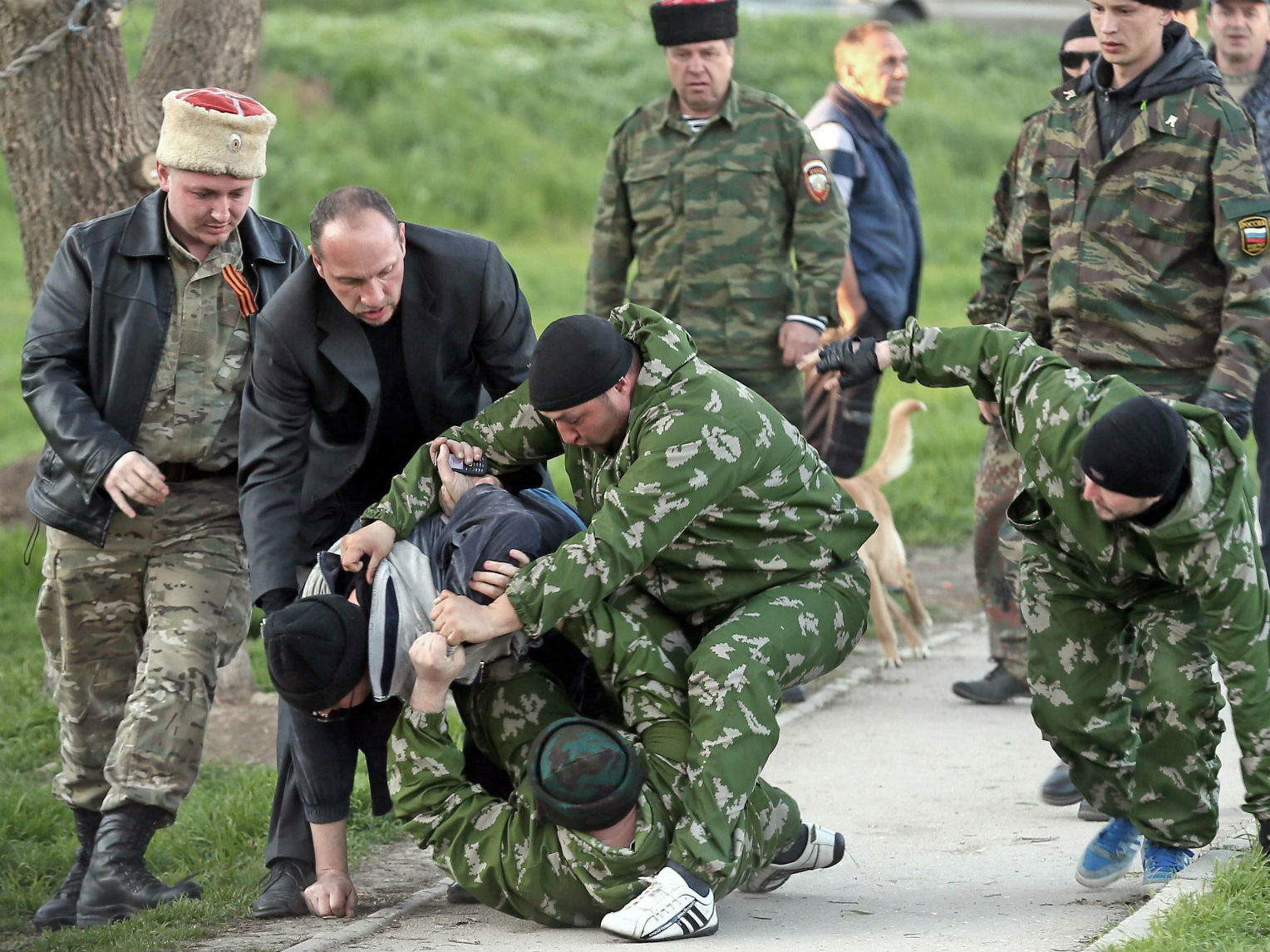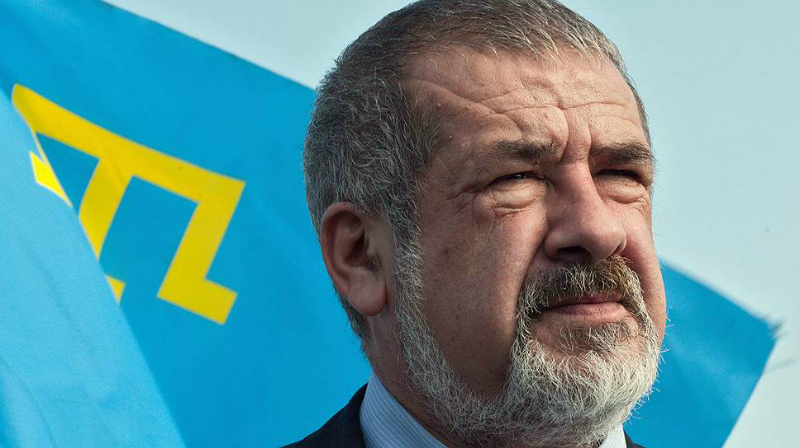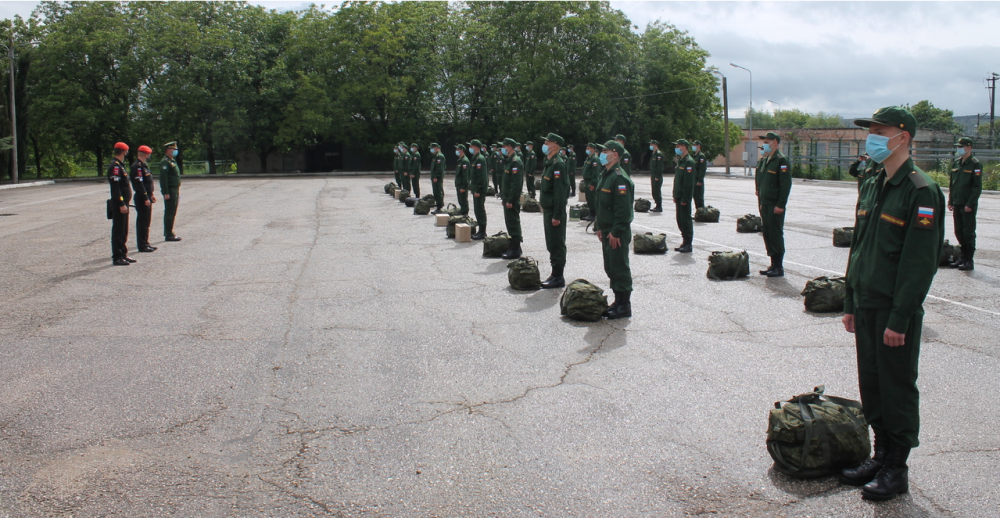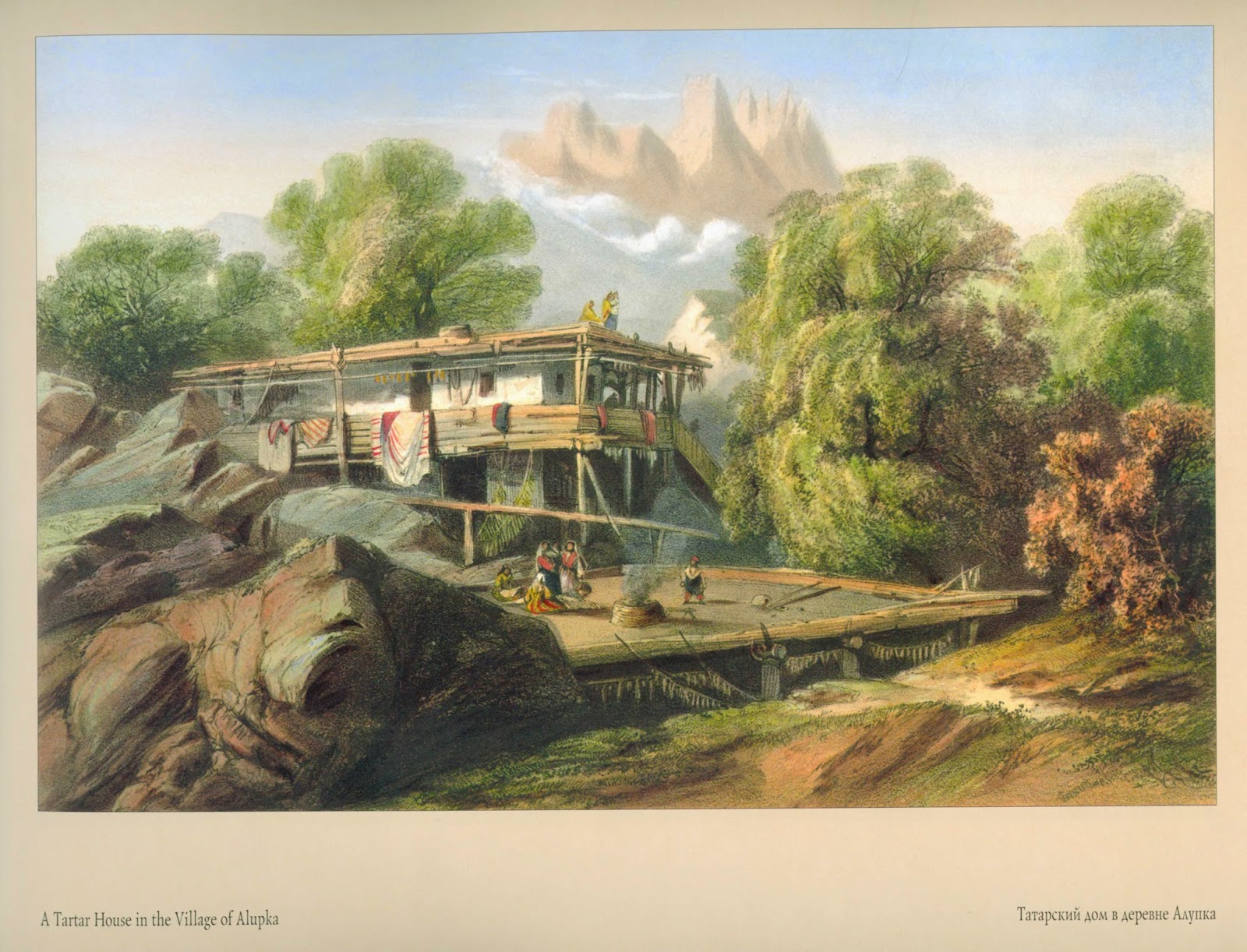Human rights organisations state that during 2014-2020 the situation with the implementation of civil and political rights in Crimea remained steadily threatening. Public space on the peninsula has been catastrophically limited due to the actions of the occupying state and is under the constant control of Russian special services or local occupation authorities.

Despite this, as the authors of the report note, the movement of resistance to the occupation of Crimea by the Russian Federation has been active since February 2014. It has many supporters among the Crimeans and is viewed by the occupying state as a real threat to its aggressive policy. This is evidenced by numerous initiatives of both the Russian federal government and its henchmen in Crimea to reduce the scope of civil and political rights of the inhabitants of the peninsula for the seven years of occupation.
In addition, human rights activists note the strengthening of Russia’s position in Crimea. If in the early years of the occupation the Russian government was so weak that it resorted to undisguised violence, including kidnapping, torture, arbitrary arrests, and a moratorium on peaceful assemblies, to suppress liberation initiatives, then it built its own institutional system on the peninsula and gradually “wrapped” its aggression in a “legal” shell, actively creating the impression of the existence of a legal system in Crimea.
Human rights organisations emphasise that the vast majority (28) of the 44 known cases of enforced disappearances in Crimea occurred in the first year of occupation. Although this type of crime did not stop, it was increasingly replaced by arbitrary arrests and imprisonment.

The authors of the report note that in the first years of the occupation the illegal paramilitary group “Crimean Self-Defence” was active, and its actions are associated with the majority of enforced disappearances. Shortly afterwards, the Russian FSB began to take over the leading role in abductions, although it did not remain the sole executor of “dirty political orders to destroy opponents of the occupation.”
In addition, victims were subjected to physical and psychological violence during abductions and arrests, which has become a characteristic feature of Russia’s entire policy toward its Crimean opponents throughout the seven years of occupation.
The authors of the report say that since 2014 the position of the occupying power regarding the circle of its potential enemies has changed. If the first victims were pro-Ukrainian activists – active fighters for the territorial integrity of Ukraine, then later the punitive apparatus of the Russian Federation also drew attention to journalists, bloggers, religious and national leaders, representatives of Ukrainian and Crimean Tatar communities who openly expressed their position on the unity of Crimea and Ukraine, as well as members of their families and close associates.

For example, those who took part in peaceful rallies against arbitrary arrests in Crimea were arrested and prosecuted under the traditionally “political” articles of the Russian Criminal Code and the Code of Administrative Offenses of the Russian Federation; or, for example, the children of arrested activists were “warned” on the streets by plainclothes men about the need to change their parents’ behaviour, as it was with the nine-year-old son of Kremlin prisoner Emir-Usein Kuku.
Human rights activists also point out that searches in private houses and businesses have become one of the most striking manifestations of Russia’s reactionary policy in Crimea.
And these are only those that have become known to human rights activists. Most of these raids were carried out in places of residence or permanent gatherings of Crimean Tatars.


Among other things, the above became one of the elements of the general policy of the Russian Federation against the religious and ethnic diversity of Crimea and the restriction on the right to freedom of thought, conscience and religion. Crimean illegal “justices of the peace” are constantly reviewing administrative proceedings against various religious organisations and their members, including Muslims, Protestants, Baptists, Jews, Scientologists, and Krishnas.
Believers are persecuted and fined for performing rituals outdoors or in premises that are not registered as religious buildings under Russian law, and the total amount of such fines increases every year. In addition, the Orthodox Church of Ukraine is under special oppression.
Some time after the beginning of the temporary occupation, the Crimeans who disagreed with the Russian policy began to be deported from the territory of the peninsula by the decision of illegal “courts” or banned from entering Crimea for a long time. This somewhat simplified the task of the occupation authorities to combat pro-Ukrainian sentiments on the peninsula and eliminated the need to constantly monitor such activists in Crimea or resort to crude “investigative actions,” the authors of the report explain.
The authors of the report came to the conclusion that since 2014, Crimea has been systematically “destroying everything that can give its residents hope for the possibility of realising their right to a fair trial.” The occupation authorities’ intimidation of lawyers or blocking access to them, psychological pressure on judges by the Russian special services, and the involvement of pseudo-witnesses or pseudo-experts in the process have become systematic and commonplace on the peninsula.
Human rights organisations are convinced that the absence of any initiatives to bring to justice those responsible for serious human rights violations by the Russian Federation in Crimea creates an atmosphere of permissiveness for the occupying power, sows fear among civilians, and influences the thoughts of Crimean residents about the prospects for returning the peninsula to a previous normal life within the sovereign borders of Ukraine.
Read more:
- Forced migration in Crimea as part of Russia’s ‘hybrid’ strategy
- “I do not want my children to live in a country of terror.” Four inspiring letters from Crimean Tatar political prisoners not broken by Russia
- Pull off a kangaroo court in five easy steps: a how-to guide from Russia
- Twitter storm makes #CrimeaIsUkraine trend again
- Win for Ukraine as PACE adopts strong resolution in support of Crimean Tatars persecuted by Russia
- FSB tortures detainees in occupied Crimea as law enforcement goes Soviet-style, UN report confirms
- ‘Crimean Tatar tragedy of 1944 being repeated’ and with more damaging effect, Dzhemilev says
- Russia’s replacement of population in occupied Crimea violates Geneva Convention – UN report
- “They can destroy buildings, but not the spirit,” – Crimean Archbishop on Russia’s religious persecution
- As long as Crimea remains occupied, Kurban-Bayram will have ‘special meaning’ for Crimean Tatars, mufti says





